Director: Ridley Scott
Cast: Joaquin Phoenix, Vanessa Kirby, Tahar Rahim, Ben Miles, Ludivine Sagnier, Matthew Needham, John Hollingworth, Youssef Kerkour, Phil Cornwell, Édouard Philipponnat, Ian McNiece, Rupert Everett, Paul Rhys, Catherine Walker
Genre: History/War/Action
Run Time: 158 min
Opens: 23 November 2023
Rating: M18
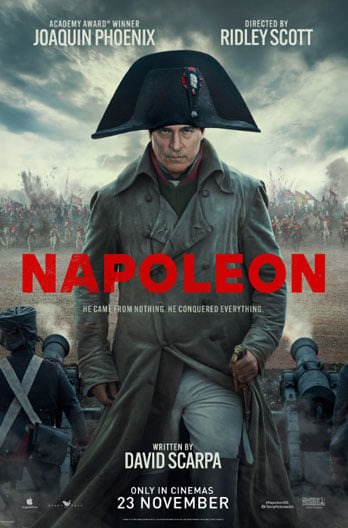
In 2000, Ridley Scott’s Gladiator was widely seen as re-invigorating the historical epic genre. That movie is remembered for its lead performance from Russell Crowe, but also for an indelible villainous turn by a young Joaquin Phoenix, earning him his first Oscar nomination. 23 years later, Scott and Phoenix reunite for Napoleon, a historical epic of a different type.
Napoleon Bonaparte (Joaquin Phoenix) rises to power in the wake of the French Revolution. He goes from a ranking officer in the French Army to establishing himself as one of the most powerful men alive. Napoleon leads the French army through multiple bloody battles all over the world. During a 12-year-long stretch that became known as the Napoleonic Wars, Napoleon led military campaigns including the Battle of Austerlitz in 1805, but also helmed an ill-advised invasion of Russia that was crippled by the harsh winter. The movie also tracks Napoleon’s tumultuous relationship with Joséphine de Beauharnais (Vanessa Kirby), a key source of tension in their marriage being her apparent inability to bear him a son.

Napoleon works best when its actors are allowed to hold court. Joaquin Phoenix’s portrayal of the title character as a mumbling, petulant, often childish, egotistical man might be an oversimplification of the historical figure, but it is often engaging to watch. Vanessa Kirby ably goes toe to toe with Phoenix and her Joséphine is breathtaking and magnetic. There is an irresistible intensity and yet also a lightness to her portrayal of the character that makes the viewer wish she had more screen time. Scott says the movie’s four-and-a-half hour-long director’s cut features more of Joséphine. The screenplay by David Scarpa positions this as the central emotional thread of the story, and that’s when Napoleon is at its most dynamic.
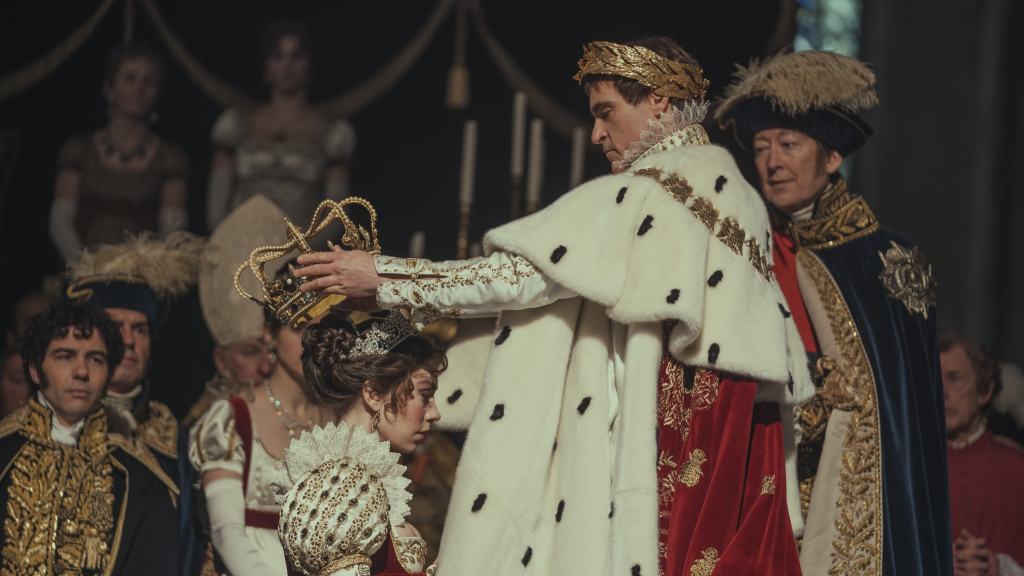
Napoleon is filmmaking on a grand scale, with battle scenes featuring hundreds of extras on locations in the UK, France, Morocco and Malta. Director Ridley Scott is famed for his ability to efficiently marshal a large production and Napoleon does possess an appropriate visual grandeur.
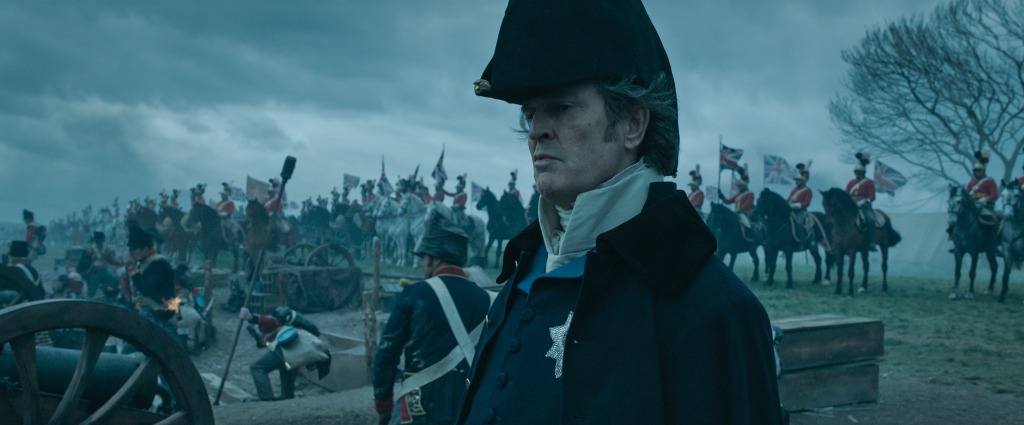
Much has been made of the movie’s historical inaccuracy. This reviewer saw the film with his brother, a history major with a specialised interest in military history, and he seemed to be in physical pain at some points. “Why use all these resources to get everything wrong?” he asked, almost plaintively. Indeed, it seems like Scott has taken pride in the movie’s lack of fidelity to history, especially in terms of the tactics and the sequence of events in the battle scenes, when it seems like the main reason to make a movie about Napoleon is to try and re-create said battles.
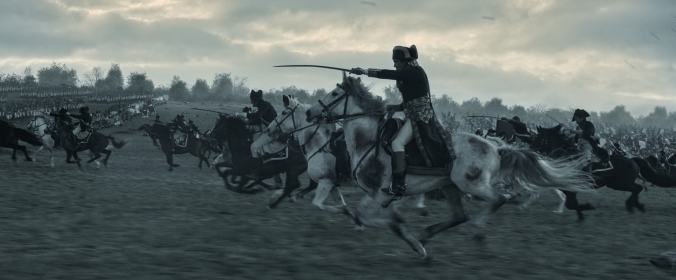
“When I have issues with historians, I ask: ‘Excuse me, mate, were you there? No? Well, shut the f*** up then’,” Scott told The Times. In a separate interview, Scott responded to the French media’s negative reviews of his film by saying, “The French don’t even like themselves. The audience that I showed it to in Paris, they loved it.” So, this is clearly a man who, at 85, has run out of f***s to give, and it could be argued that he has earned that right. Liberties are taken with every movie based on true events, but there is a sliding scale. The frustrating thing about the historical inaccuracies in Napoleon, especially when it comes to the battles, is that they don’t seem to serve the story, when dramatic license is typically taken for that purpose.
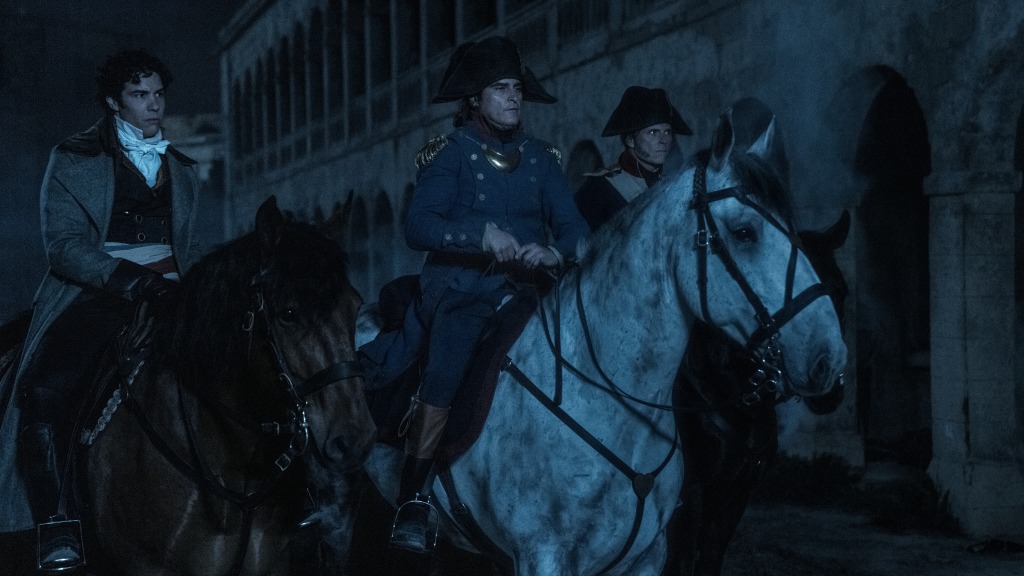
There’s a reason why filmmakers are praised for an obsessive attention to detail – indeed, Stanley Kubrick had tried for years to get his Napoleon movie off the ground. Suffice it to say that Kubrick’s approach would have differed vastly from Scott’s – which is not to say that there isn’t tremendous technical ability on display. The movie’s version of the Battle of Austerlitz is exciting and terrifying, with cannonballs breaking the ice and causing men and horses to drown in freezing waters – even if it didn’t happen that way at all. The battle sequences are packed with gory detail (the Siege of Toulon features an exploding horse) but after a while, the gruesomeness becomes diffuse and loses its impact.
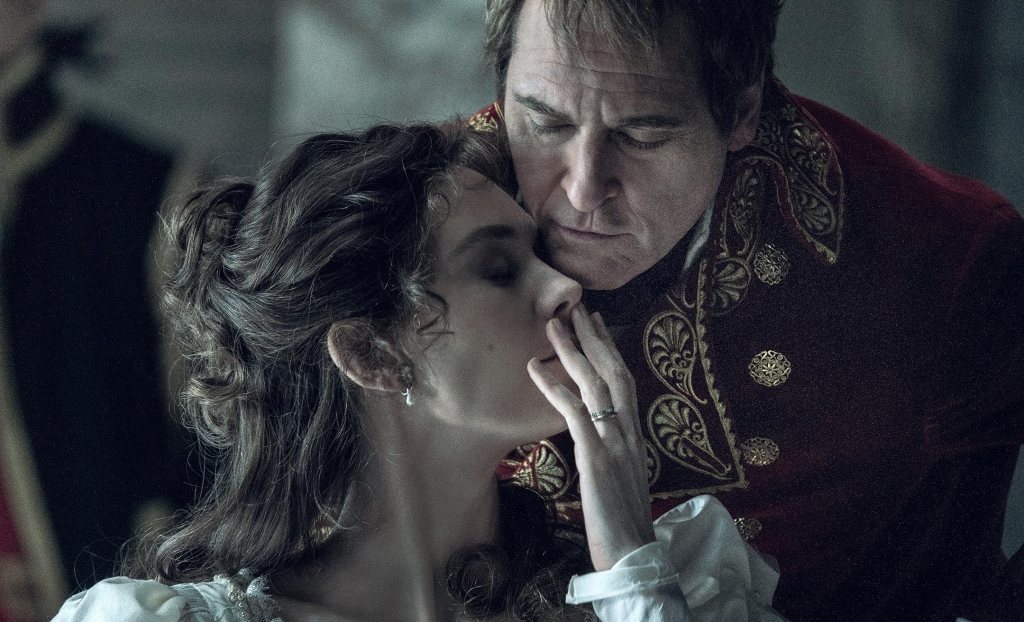
Ultimately, it feels like even at 158 minutes, the theatrical cut of the movie is rushing through history, trying to get through as many major events as possible, while still leaving out the Battle of Leipzig. Napoleon offers the opportunity for a filmmaker and his cast to try and get inside the head of the historical figure, but everything feels frustratingly surface-level, as sweeping and grand as things get.

Summary: Napoleon reunites star Joaquin Phoenix and director Ridley Scott 23 years after Gladiator. Phoenix’s interpretation of Napoleon as temperamental, impulsive, and petulant is a simplification of the historical figure, but it is engaging to watch. Vanessa Kirby ably goes toe-to-toe with him as Joséphine in a performance that will leave you wanting to see more (something the movie’s four-and-a-half-hour-long director’s cut reportedly has). However, Napoleon suffers from Scott’s apparent contempt for historical accuracy, meaning the spectacular large-scale battle scenes do not portray the tactics that Napoleon became known for, and are often entirely made up. More than that, the movie feels frustratingly surface-level, refusing to drill down and explore the historical figure’s motivations and psyche. At 158 minutes, things still feel rushed, like the movie is trying to cover as much ground as possible.
RATING: 3 out of 5 Stars
Jedd Jong